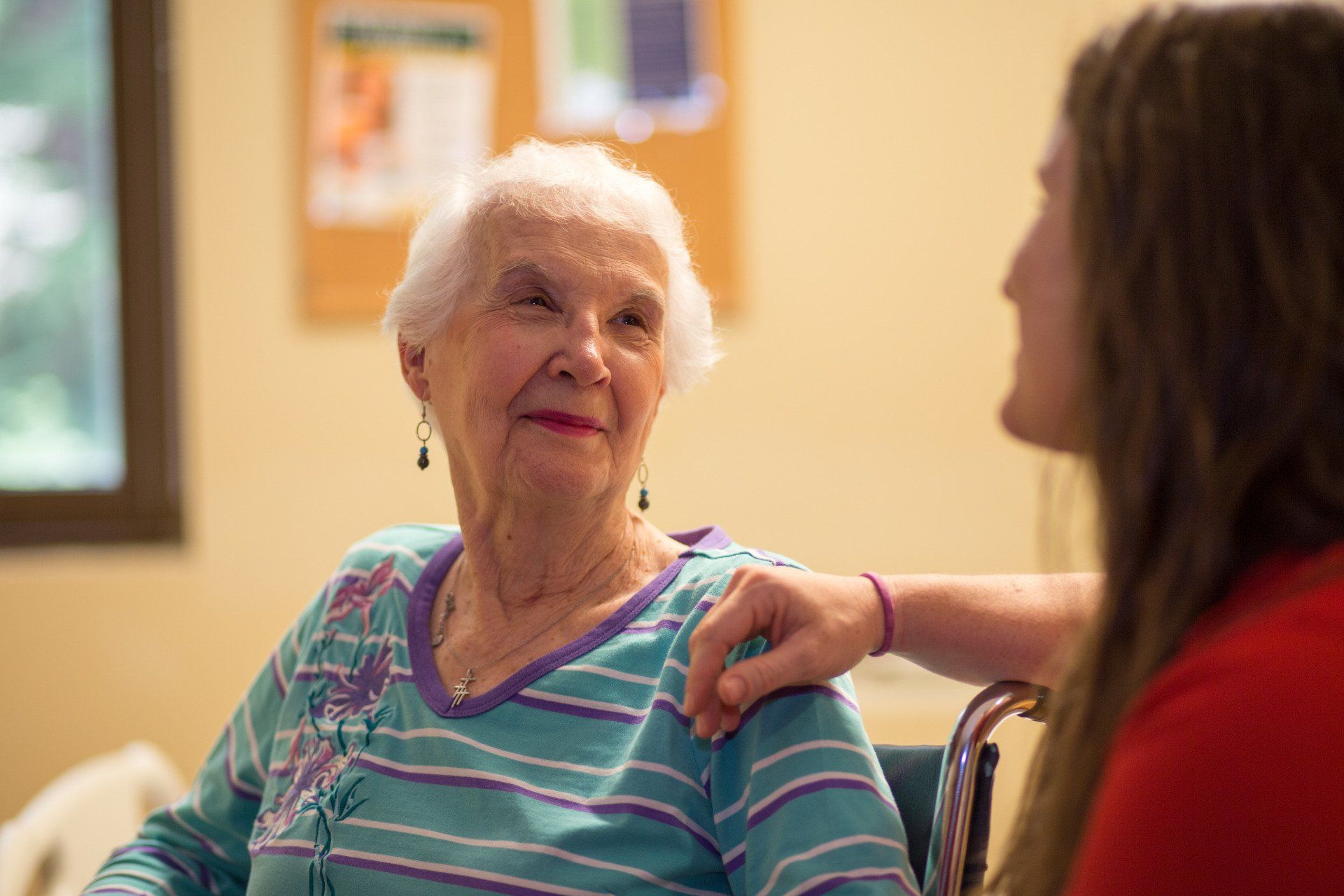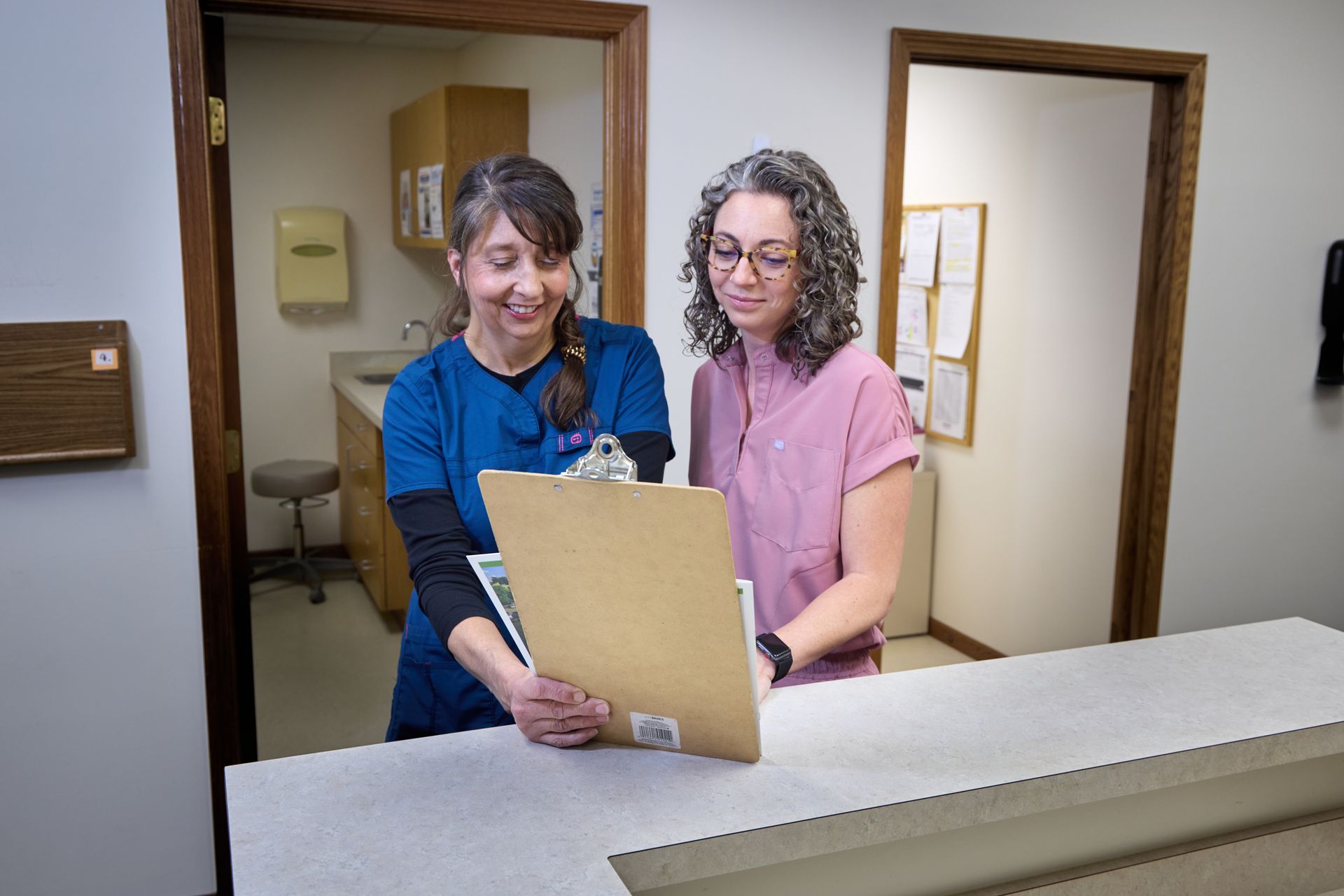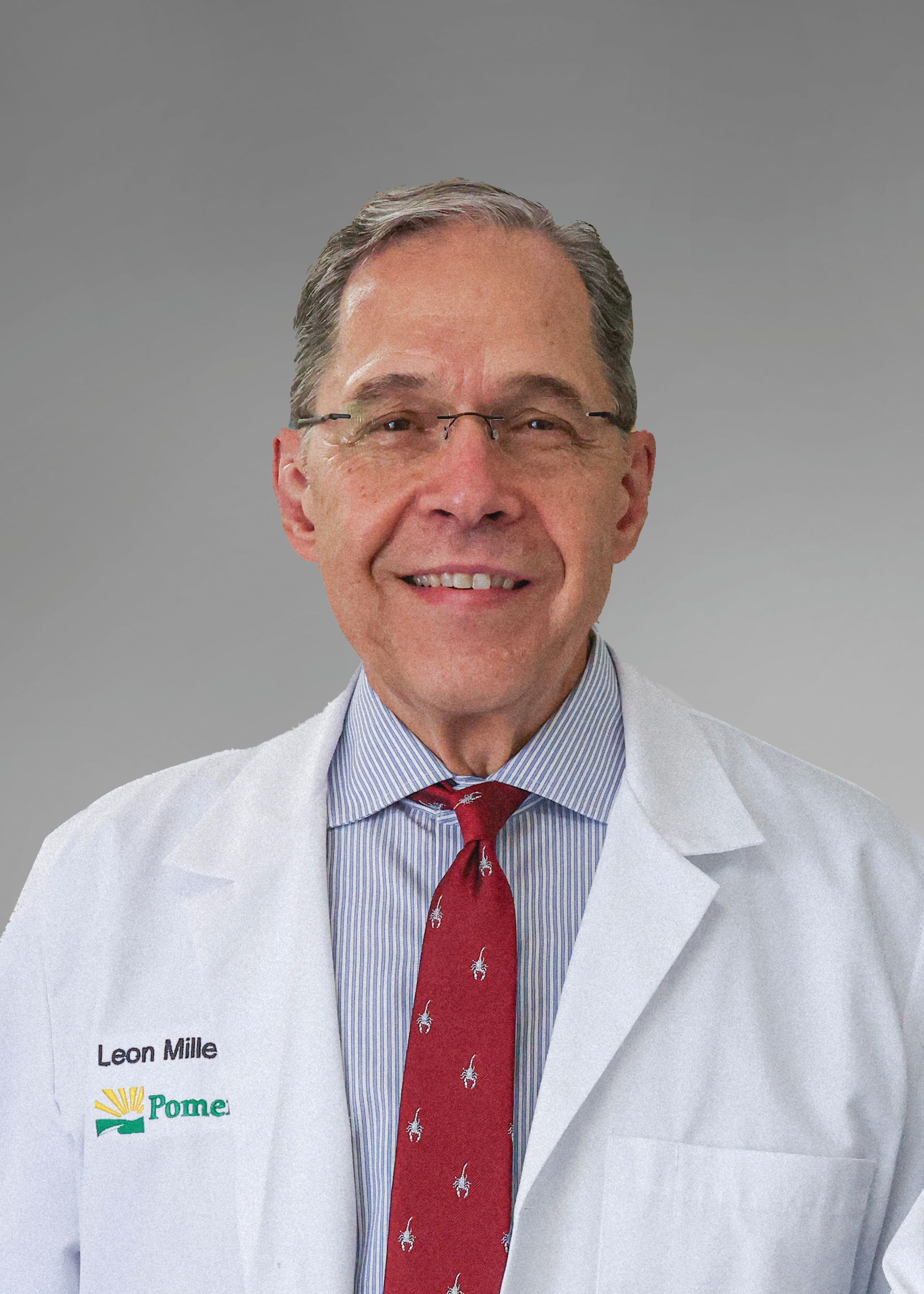The 1,2,3's of Hernia Awareness
1. Did you know June is National Hernia Awareness Month?
A hernia occurs when an internal part of the body pushes through a weakness or defect in the body wall or muscle 5 million people are estimated to have some type of hernia.However, only approximately 750,000 people per year seek medical attention for their hernia. Hernias do not go away or get smaller on their own. Without correction, hernias usually become larger and more painful and uncomfortable and prevent people from enjoying favorite activities.As the hernia becomes larger, the bulge may limit mobility and/or the ability to perform physical exertion and/or exercise. The most optimal treatment for hernias with the best result is surgical intervention. The type of surgical repair will depend on the location, size and whether the hernia is a primary occurrence (first time) or recurrent after a prior repair. Hernia surgeries are common procedures that we are currently offering at Pomerene.
2. What are the potential complications of an unrepaired hernia?
Hernia repair is an elective procedure. The main complications of hernias are incarceration and strangulation.Incarceration occurs when the hernia and its contents can not be pushed, or reduced, back into the internal part of the body. Strangulation occurs after the hernia becomes incarcerated and then swelling cuts off the blood supply to the hernia and its contents.Incarceration and strangulation are surgical emergencies and medical attention should be sought immediately. The signs symptoms of incarceration/strangulation are a persistent bulge at the hernia site that can not be reduced, increasing pain at the site of the hernia, increasing redness, and increasing swelling of the skin/soft tissue overlying the hernia.Nausea and vomiting may indicate incarceration/strangulation of bowel and resultant obstruction.
3. What are the types of hernias?
- Abdominal Hernia – Also referred to as a ventral hernia.Abdominal hernias generally occur above the belt line.
- Umbilical Hernia – Occurs around or in your belly button. If your belly button typically is pushed in, but suddenly appears to have something bulging out then you most likely have an umbilical hernia.
- Incisional Hernia – Occurs at the incision line of a previous surgery.The site is weakened because of the cutting of the skin, tissue, & muscles in that particular area.
- Femoral Hernia – Occurs in the upper inner thigh or groin area. These types of hernias are more common in women.
- Inguinal Hernia –Occurs on either the left or right side (sometimes both sides = bilateral inguinal hernia).The bulge can be appreciated in the groin below the belt line and/or extending into the scrotum. This particular hernia is more common in men.
Author: Michael Schell, M.D.










